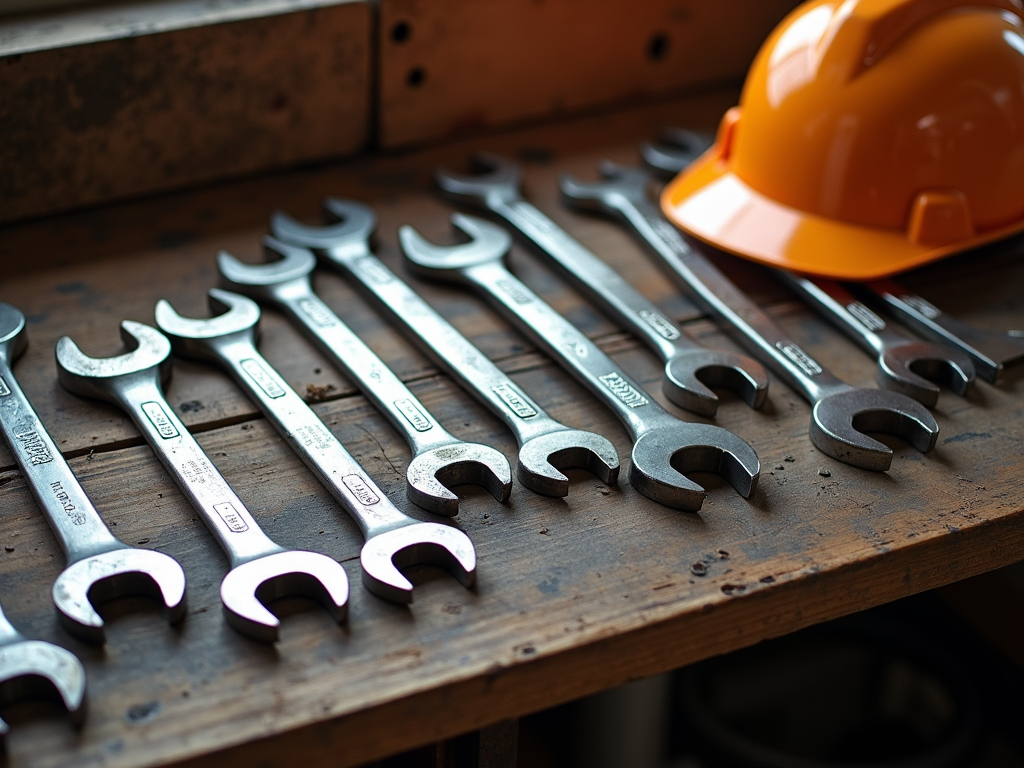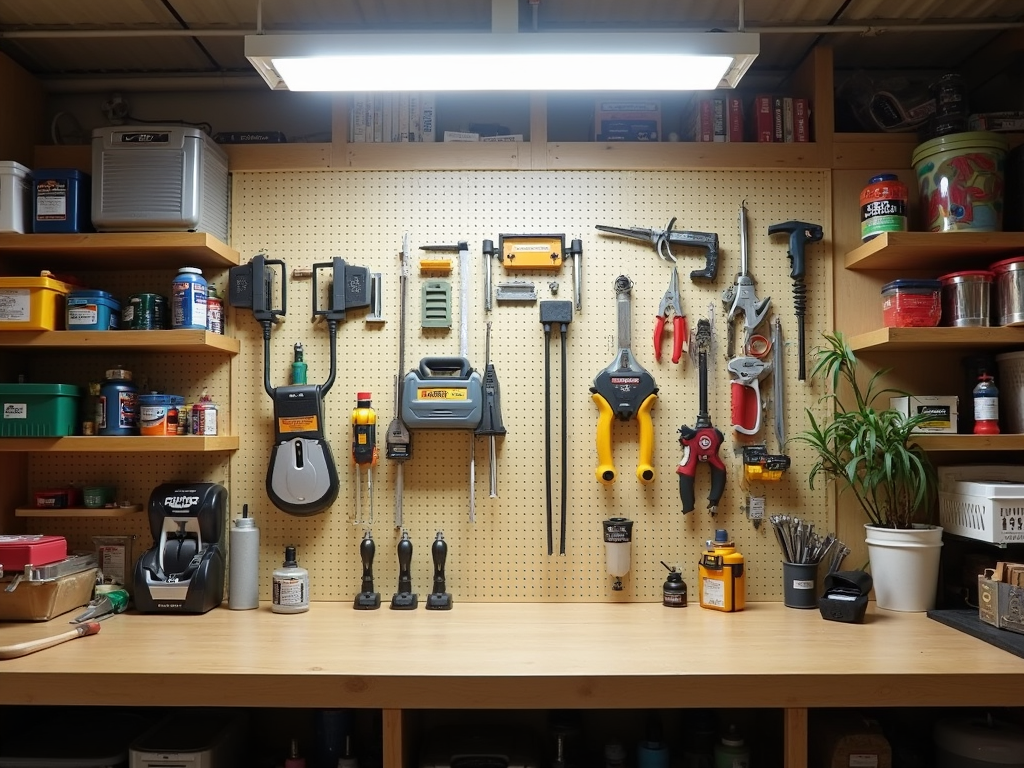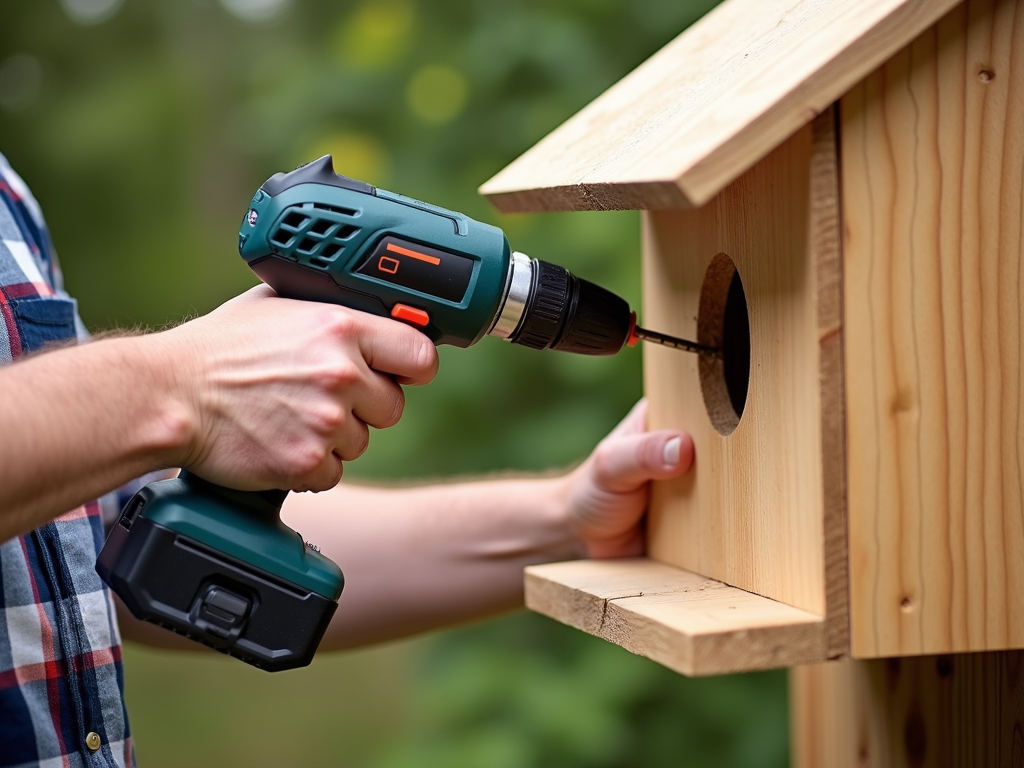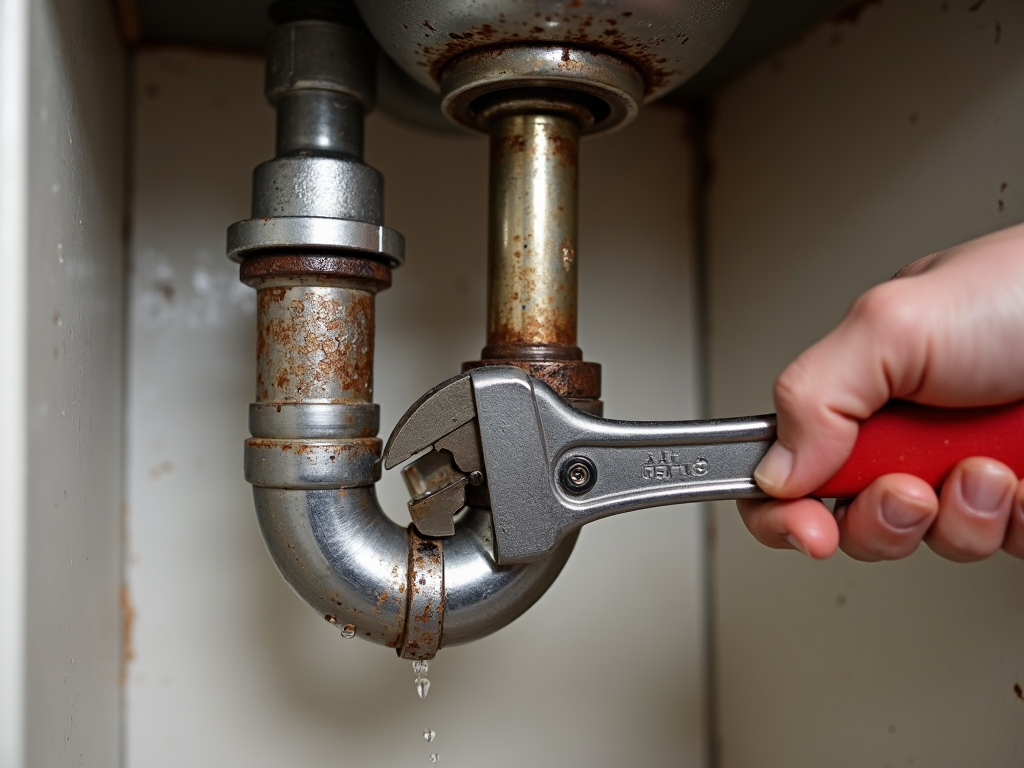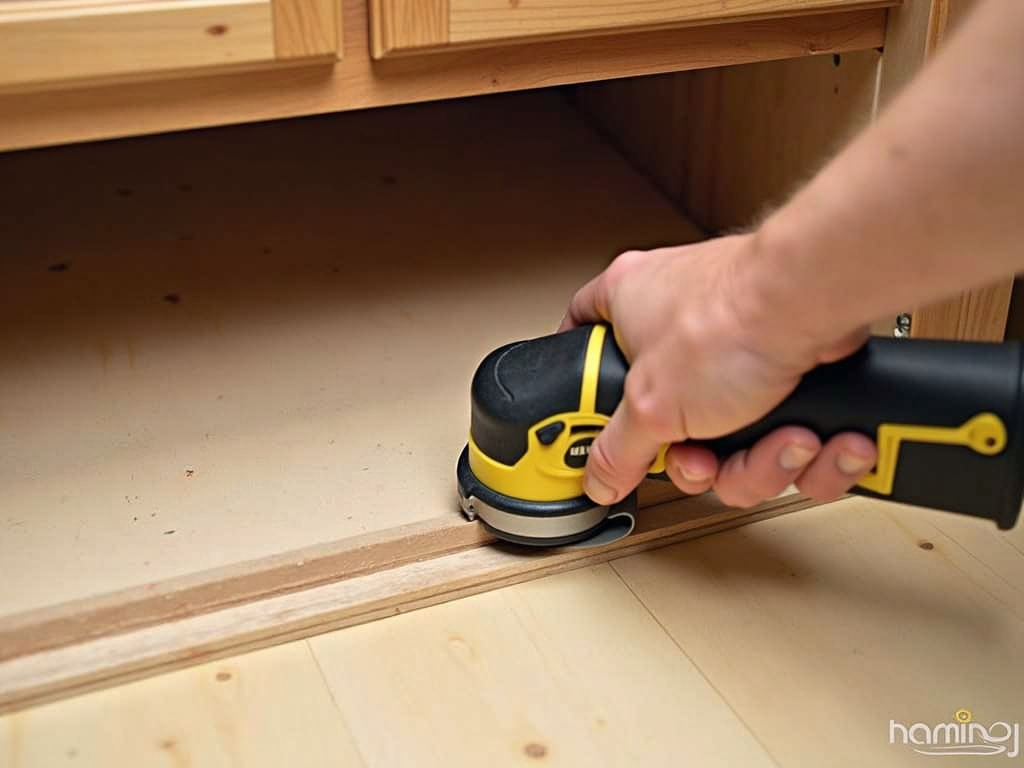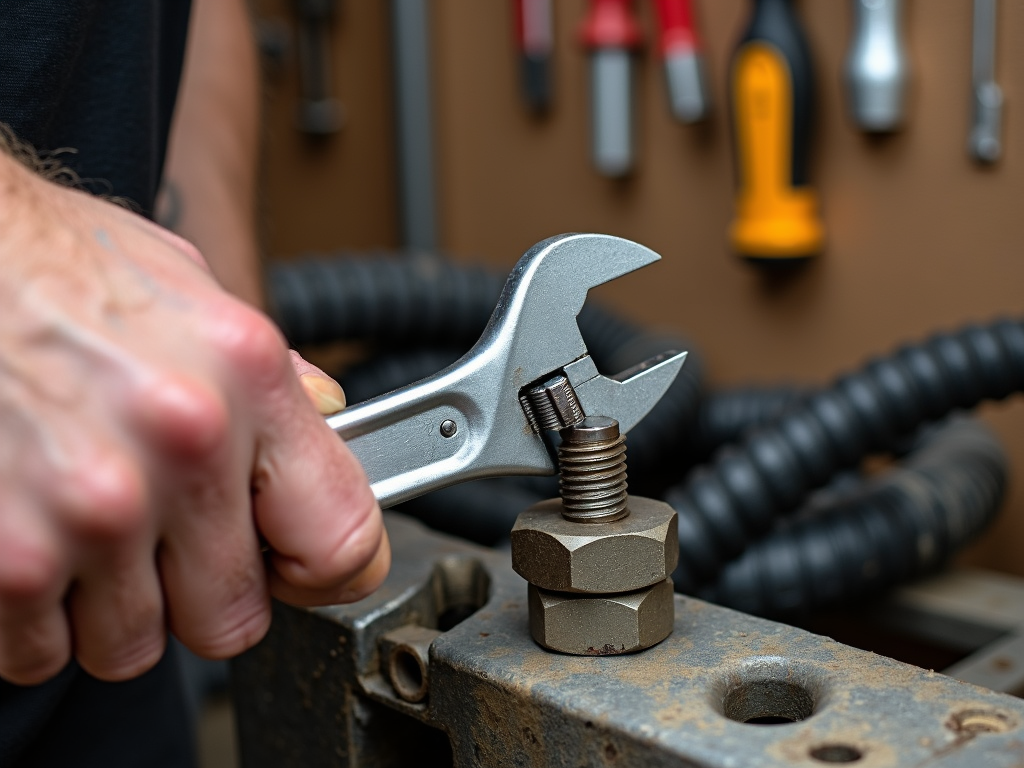Your workman tools are more than just equipment—they’re your partners on the job. Whether you’re a construction worker tightening bolts or fixing machinery, tools like wrenches keep your work moving. This guide shows you how to maintain your workman tools for longevity, ensuring they stay dependable and save you money over time.
Why Maintaining Tools Saves You Time and Money
Picture this: you’re halfway through a project, and your wrench slips because it’s rusty. The bolt gets stripped, and now you’re stuck. I’ve been there, and it’s frustrating. Regular care keeps your tools sharp and strong. It’s a small effort that prevents big headaches and costly replacements.
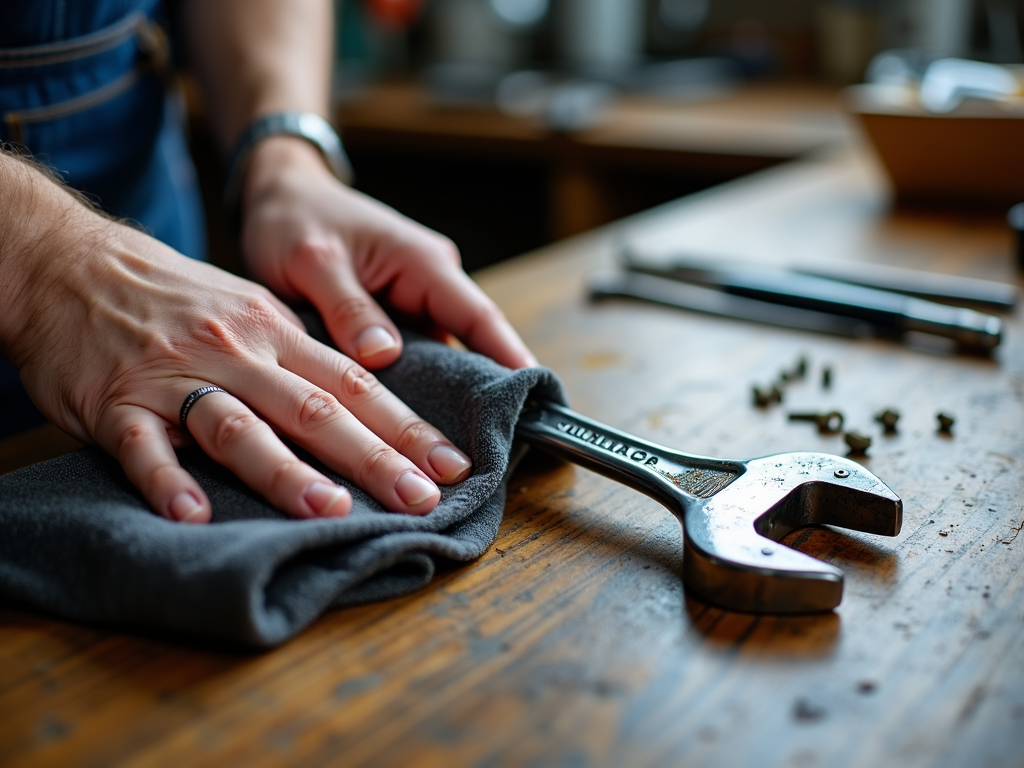
Know Your Tools: The Power of Wrenches
Wrenches are the backbone of any toolkit. There’s the adjustable wrench, perfect for odd-sized nuts, and socket wrenches for tight spots. I’ve relied on both during long days on site. Understanding your tools helps you use and care for them right, especially when picking the best wrench sets for construction workers.
Step 1: Clean Them After Every Use
Cleaning isn’t glamorous, but it’s a game-changer. After a dusty day, I grab a cloth and wipe down my tools. For grime, a dab of soap and water works wonders—just dry them well after. Wet tools rust fast, and rust is a tool’s worst enemy.
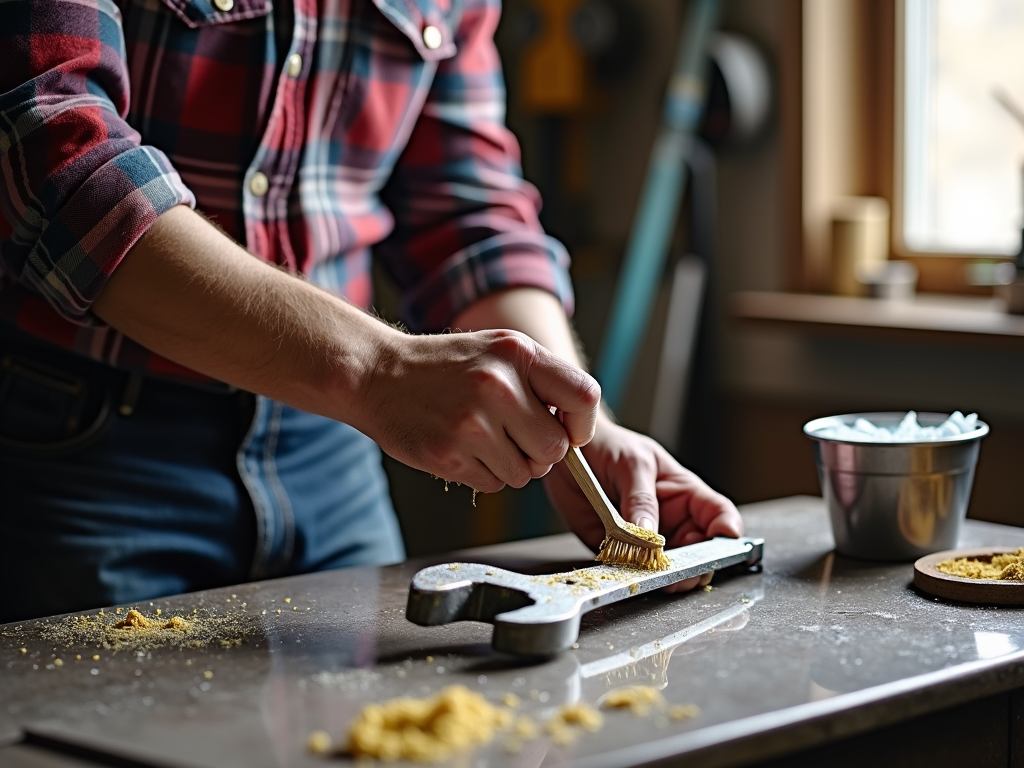
Step 2: Store Them Smart
Tossing tools into a pile is a recipe for dents and scratches. I learned that the hard way when my favorite wrench got nicked. Now, I use a toolbox with slots or a pegboard. It keeps my workman tools organized and easy to find, plus it looks impressive.
Storage Options Table
Here’s a quick look at storage ideas:
| Option | Pros | Cons |
|---|---|---|
| Toolbox | Portable, secure | Can get cluttered |
| Pegboard | Visible, organized | Needs wall space |
| Foam Inserts | Custom fit, protective | Costs more upfront |
Pick what fits your space and budget.
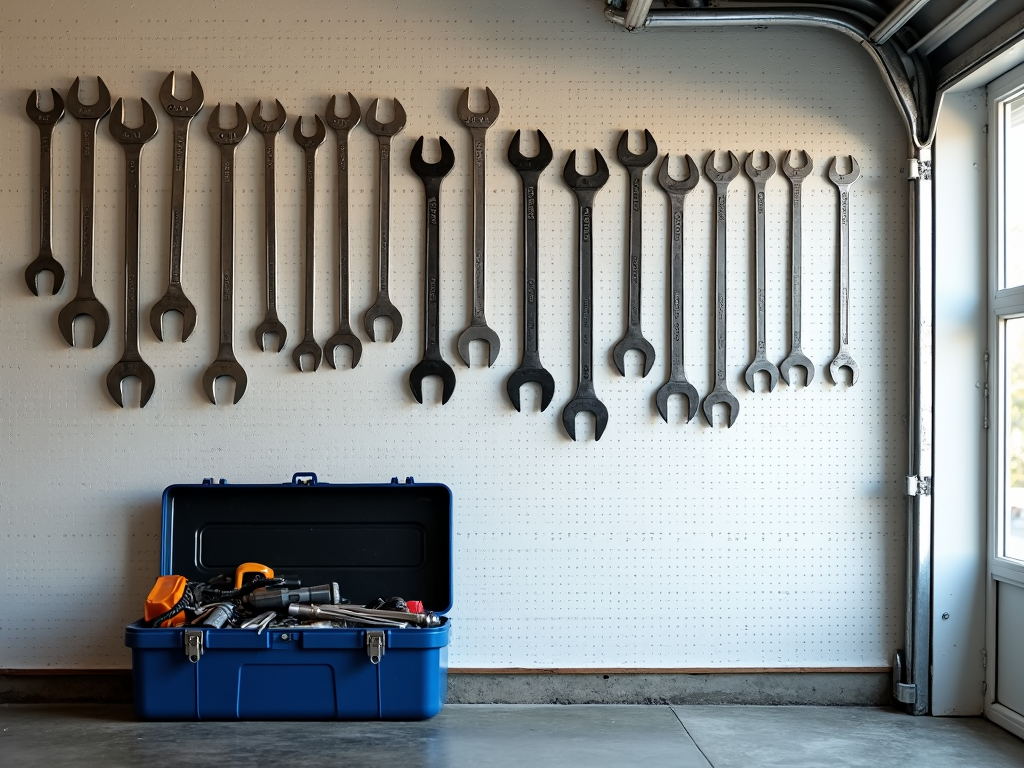
Step 3: Check Them Regularly
Once a month, I inspect my tools. Look for rust, cracks, or loose parts. For wrenches, test the grip—worn jaws slip and ruin bolts. I once caught a crack early and fixed it with a replacement part. That wrench is still with me today.
Step 4: Lubricate Moving Parts
A drop of oil keeps things smooth. I use light machine oil on my wrench’s adjustable parts. It stops squeaks and rust. Just wipe off extra oil—too much attracts dirt. This trick has kept my tools working like new for years.
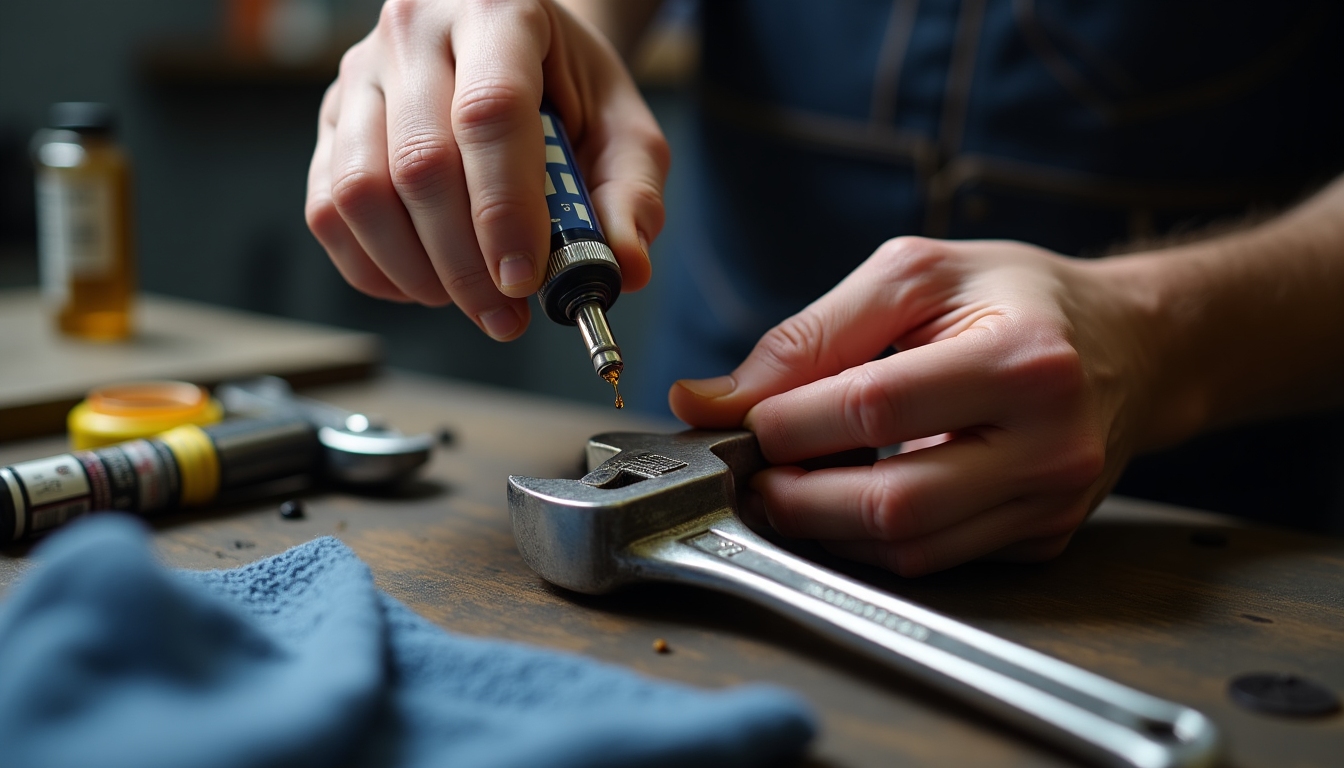
Step 5: Use Them Right
Tools last longer when you respect their purpose. I once used a wrench to pry something open—bad move. It bent the handle. Stick to what each tool is made for, and you’ll avoid damage. It’s safer and smarter.
Safety Tips for Maintenance
Keep yourself safe while you work on your tools. Wear gloves to handle greasy or sharp edges. Work in good light to spot problems. If you’re using cleaners, open a window. Safety matters as much as the tools themselves.

Personal Tip: Make It a Routine
Here’s my secret: I clean and check my tools every Friday. It’s become a habit, like brushing my teeth. Five minutes a week keeps my wrenches and other tools ready for action. Find a schedule that works for you—it’s worth it.
What to Do When Tools Wear Out
Even with care, tools don’t last forever. If a wrench won’t grip or a handle’s cracked beyond repair, replace it. I keep a spare set handy. Investing in quality best wrench sets for construction workers pays off when you need reliability.

Summary
Taking care of your workman tools isn’t hard—it’s smart. Clean them, store them well, check them often, oil them up, and use them right. These steps keep your wrenches and other tools going strong. A little time now means fewer problems later.
Related How to Maintain Your Workman Tools for Longevity:
- Top Wrench Sets for Construction Workers: A Comprehensive Guide
- The Future of Painting: Embracing Innovation and AI for Efficiency
- Tips for Organizing Small Workshops Efficiently
- The Evolution of Power Tools: From Manual Labor to Modern Innovation
- Enhancing DIY Projects with Ergonomic Tools
- Essential Workman Tools for Plumbing: A Comprehensive Guide
- Oscillating Tools: A Beginner's Overview
- Mastering Wrenches: A DIYer’s Guide
- Ultimate Guide to Tool Safety: Protecting Yourself in the Workshop
- Safety Practices in Home Electrical Repairs: A Comprehensive Guide
- Advanced Electrical Tools for Automation
- Essential Safety Tips for Construction Workers
